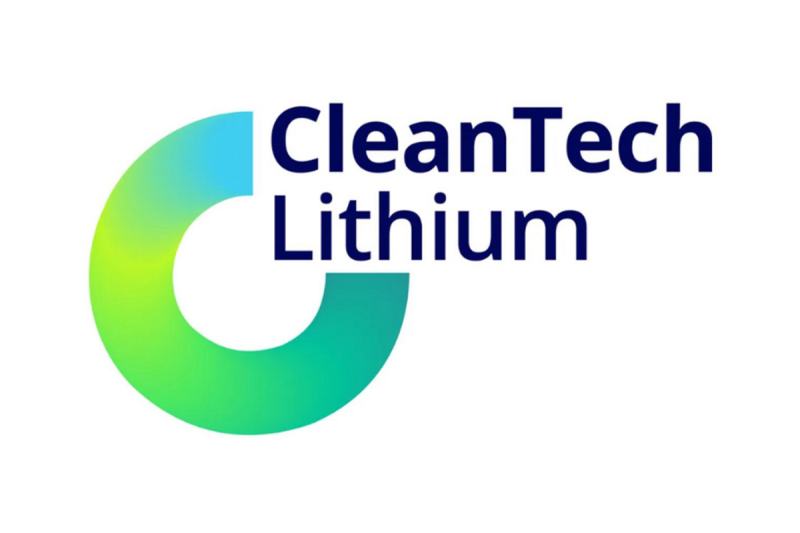Low-Cost Technology to Be Trialed in DLE Pilot Plant Conversion Stage Aiming to Lower Energy Use and CO2 Emissions
The Deep Eutectic Solvents (DES) are set to undergo a trial period in the pilot plant conversion stage to assess their effectiveness in reducing energy consumption and CO2 emissions. This innovative technology holds promise in transforming traditional industrial processes and could potentially revolutionize the way we approach sustainable development.
DES, a novel class of solvents with distinct properties, have been gaining attention for their potential applications in various industries. Unlike conventional solvents, DES are created by mixing two or more cheap and safe components to form a eutectic mixture. This composition results in a solvent that exhibits low volatility, high thermal stability, and unique solvation properties, making it an attractive alternative for industrial processes.
The utilization of DES in the conversion stage of the pilot plant represents a significant step towards integrating low-cost technology into existing infrastructure. By introducing DES into the process, researchers aim to optimize efficiency while reducing energy consumption and minimizing environmental impact. This trial period will provide crucial data on the performance of DES and its potential benefits in lowering CO2 emissions, thus contributing to a more sustainable industrial landscape.
One of the primary advantages of DES is its cost-effectiveness compared to traditional solvents. The use of readily available components to form DES makes it an economically viable option for industries looking to transition towards more sustainable practices. This affordability factor can potentially drive widespread adoption of DES technology, leading to a substantial reduction in operating costs for businesses without compromising on performance.
Furthermore, the environmental benefits of DES cannot be overstated. By lowering energy consumption and CO2 emissions, DES offer a greener alternative to traditional solvents, aligning with global efforts towards mitigating climate change. The successful implementation of DES in the pilot plant conversion stage could pave the way for a more sustainable and eco-friendly approach to industrial processes, setting a new standard for responsible manufacturing practices.
In conclusion, the trial of DES in the DLE pilot plant conversion stage represents a promising development in the quest for more sustainable technologies. With its cost-effective nature, environmental advantages, and potential to revolutionize industrial processes, DES has the opportunity to reshape the way we think about solvent-based operations. By harnessing the power of low-cost technology, we can move towards a more sustainable future that prioritizes efficiency, innovation, and environmental stewardship.
